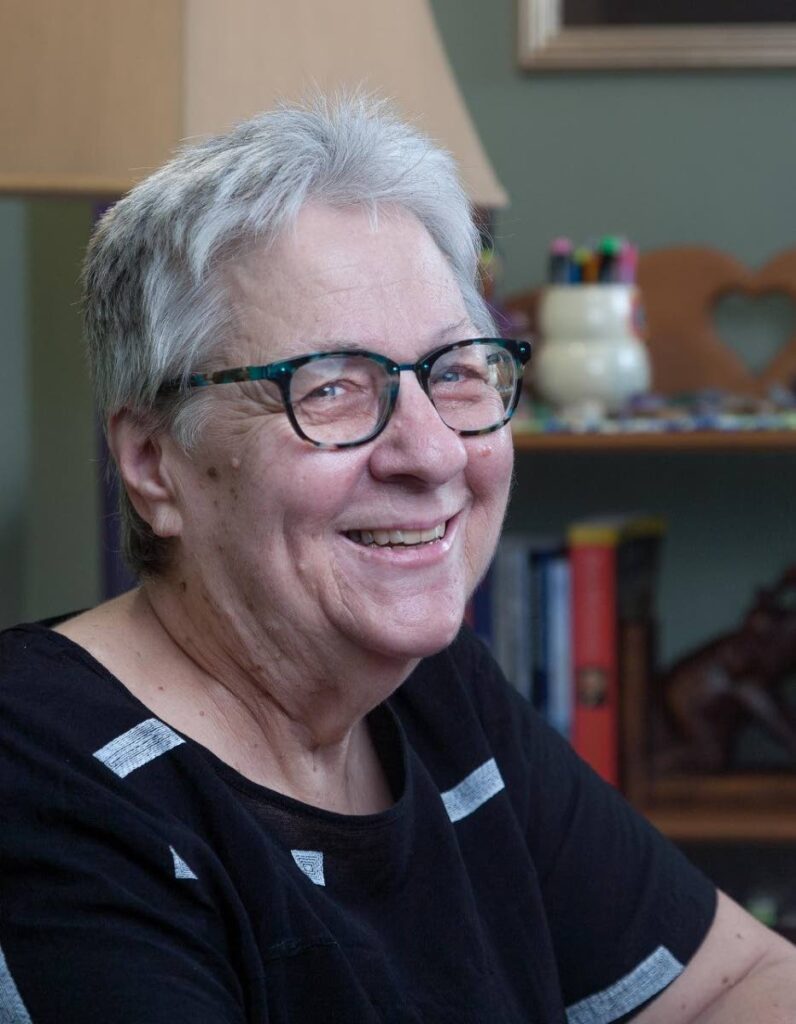Time to modernise approach to teaching

THESE DAYS I have been talking a lot about education because if we address our shortcomings, we can fix many issues in this country from productivity to crime.
In our schools, we teach subjects in the most anachronistic and least innovative ways. My two biggest pet peeves are the way we teach CXC English literature and history.
English literature should not be based on a couple of books dictated by the Caribbean Examination Council. Teachers and students need to read more fiction and non-fiction because literature offers many opportunities to develop critical thinking skills and important examples of the values we want students to have.
Every month students should read one book that can be used across school subjects. Well-written, high-interest science and history books should be welcome additions to any English class.
Biology, chemistry and English classes can benefit from books like the Immortal Life of Henrietta Lacks by Rebecca Skloot to learn about the deceased poor, black tobacco worker whose cancer cells have been used in billions of dollars of science experiments. Woolly: The True Story of the Quest to Revive One of History's Most Iconic Extinct Creatures by Ben Mezrich reads like a fast-paced adventure novel and discusses the ethical implications of bringing dinosaurs back to life.
We need to see more Caribbean literature in the classroom – not just classics, but recently published books. Judy Raymond’s the Colour of Shadows could be used in English, history and art classes, and students at CAPE level should be reading and discussing what the world is seeing in Kevin Jared Hosein’s critically acclaimed and popular novel Hungry Ghosts. There’s no better book about leadership and West Indian identity than Vaneisa Baksh’s Frank Worrell: Son of Grace.
We still use far too much unapproachable, irrelevant poetry when we should be teaching poems students can relate to, like those found in Mervyn Taylor’s books.
The English literature exam should require more creative thinking and applied critical thinking skills. Instead of regurgitating elements of literature like theme and conflict in prescribed books where students memorise every question possible for the exam, students need to pull from a wide variety of books they have read to answer thought-provoking questions on an exam.
This is the approach Advanced Placement (AP) literature takes in the US. I’ve seen questions about how a minor character plays a major role in a book or how an object symbolises theme in a book.
The way we teach history is a real problem. It is too rigid and repetitive. It depends on textbooks, and it doesn’t explore alternative views of history. It stifles creative thinking and kills the natural interest in history students have.
When I visit schools and speak to students they are shocked to discover the power these islands once wielded. They only know these Caribbean islands as places defined by genocide, colonialism, slavery and indentureship. They don’t know that New York’s unique culture comes from its Dutch West Indian roots or that the 13 colonies that became the US funded much of its revolution from molasses smuggled from the West Indies.
They don’t know about the contribution Trinidadian-born Stokely Carmichael (Kwame Ture) made to the civil rights movement. The US celebrates Martin Luther King Jr, Malcolm X and contributions to civil rights and this country has made no attempt to commemorate Ture’s place in our history.
We need to move away from teaching facts and dates and concentrate more on historiography, which examines the sources historians choose, their method of writing, their analysis of the subject and historicity, which questions what we accept as facts in history.
Historicity examines the unreliability of historical memory, the purpose of the subject presented and the cultural influences of the writer. These are intellectually stimulating discussions that should be taking place in our classrooms. They make sense out of history that we have accepted complacently.
If we want to develop inquisitive minds and better educated students, then we need to modernise our approach to teaching and make it more skill-oriented that factual. If the end game is to develop the skills and behaviours that bring happiness and success in the workplace, then we have to ask ourselves if schools are providing a solid foundation for learning.
We definitely need to change our approach to education if we want to grab the attention of marginalised students – especially those we lost during the covid19 pandemic.
Next week: How do schools measure up in teaching the traits employers look for when they hire?


Comments
"Time to modernise approach to teaching"